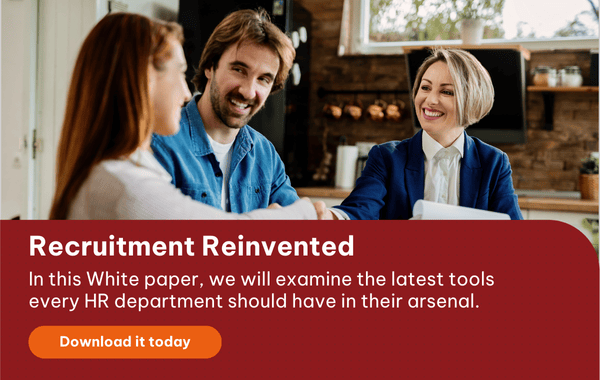Robert Haft, an American HR consulting firm, has conducted a survey on 150 Singaporean CFOs to collect the results and the accuracy of their hiring decisions. Surprisingly, the majority of the surveyed CFOs (98%) admitted having made the wrong decision when hiring new employees. With 24% (one in four) of them took only two weeks to realise that they have hired the wrong person.

What is the cost of a bad hire?
The main reasons that led to the failed hires are: 43% is because of a mismatch of skills, while another one-third of the surveyed CFOs said that the new member is either underqualified or overqualified, and the last case is because the candidate fails to fit in the existing workplace culture (34%).
As frequent as hiring the wrong person occurs, its consequences are inevitable: inflated workload and stress for both of the colleagues and managers when dealing with the troubles caused by the false placement. Resulting in a loss in productivity, overall performance and raise the recruitment costs.
Infographic: 6 Key Features of a Quality Pre-Hire Assessment
Besides the substantial consequences, Singaporean companies also struggled to precisely calculate the costs caused by hiring the wrong person. According to the report, 41% of the respondents said that one of the main reasons is that they do track the costs, yet they fail to compile all the data related to these costs in a single overview. In some cases, the surveyed CFOs claimed that there are costs that are unable to measure accurately. Moreover, few companies admitted that they have not looked at doing it or track the costs closely enough.
The cost of the bad hires has long been a major concern for firms, because, apart from the tangible losses: lost of ROI and recruiting and training costs, decreased turnover rate and overall performance, one wrong hire can trigger significant disruption and negatively affect morale, bringing down staff productivity and causing even more HR headaches in the process.
Read more: Financial skills aren’t enough for a finance professional
Establish a streamlined recruitment process
In order to deal with the wrong employee placement, 35% of CFOs choose to dismiss the employee contract. On one hand, 33% of the respondents decide to apply a training program to further develop the employee’s skills to the desired level. On the other hand, some CFOs fix the problem internally by finding another position within the organisation that is a better fit for the individual. Either way, this problem can be well-avoided with an efficient, streamlined recruitment process.
Today’s hiring process is far more complicated compared with how it used to be. The candidate’s experience is no longer the decisive element for the hiring choice as the transferable skills like leadership, communication, resilience, and problem-solving are more likely to predict the candidate’s future success better than work experience.
Read more: How to Balance Your Hiring Needs and Prioritise Recruiting Efforts
Therefore, recruiting managers must define their expected hiring criteria as well as the “candidate persona” prior to the actual hiring stages. Consider training and onboarding as part of the hiring process, since providing proper training for the right candidate is more effective than hiring the wrong-but-experienced candidate. Finally, constantly review and update the hiring process to balance the recruitment process with the right level of efficiency and rigour and prepare the organisation for all the upcoming trends and demands in the Talent management market.
 English
English  Vietnamese
Vietnamese 

